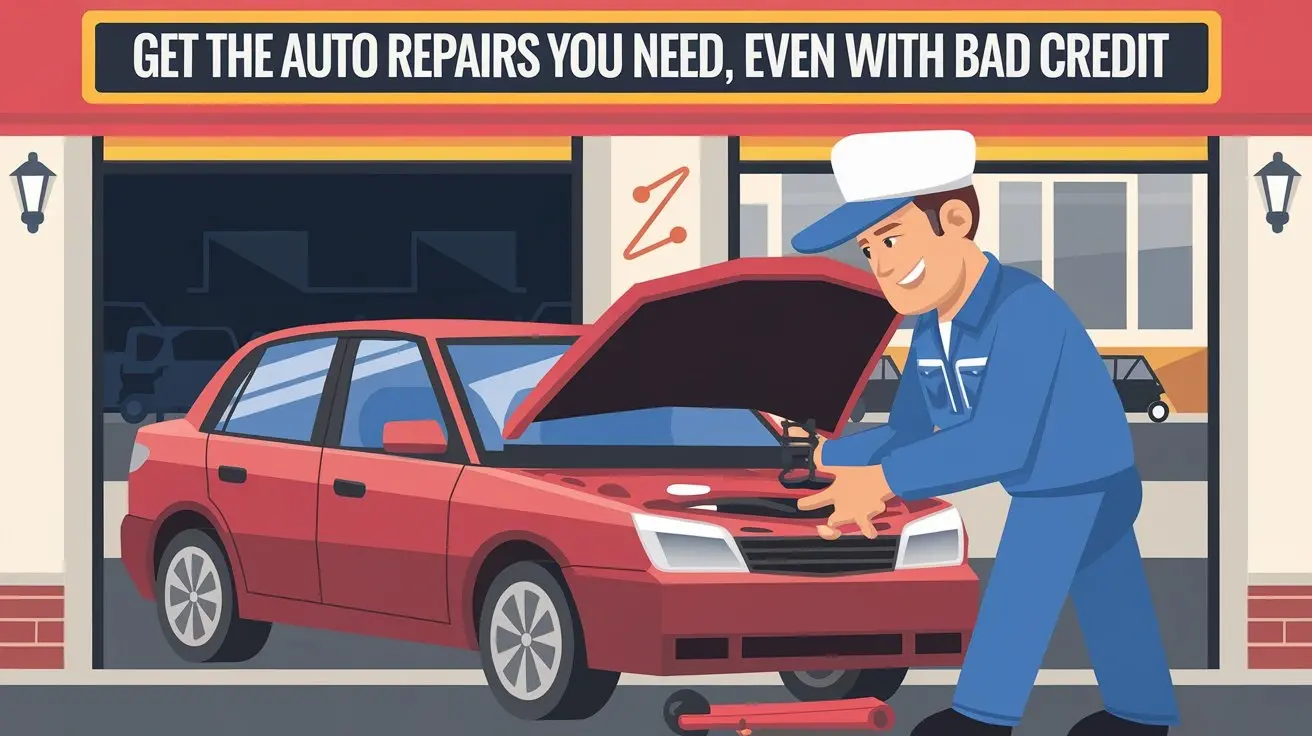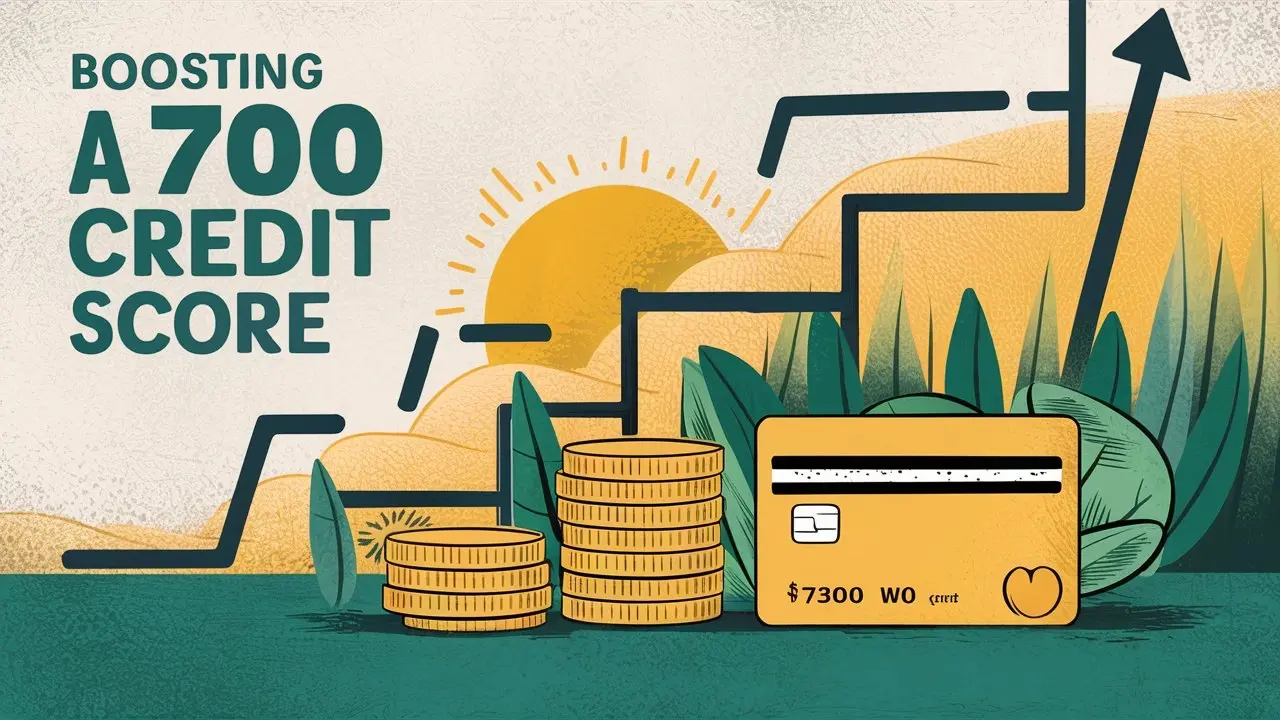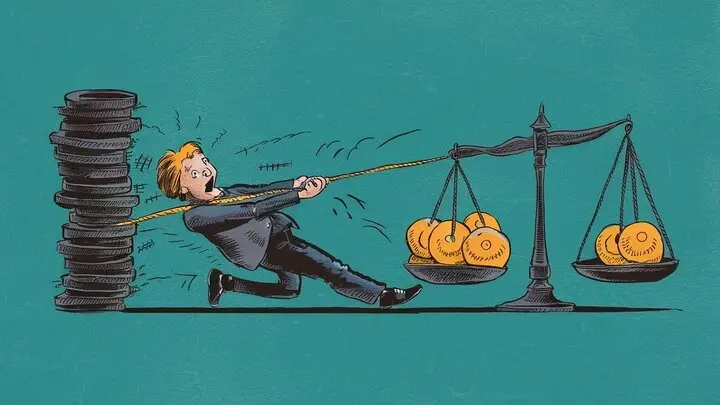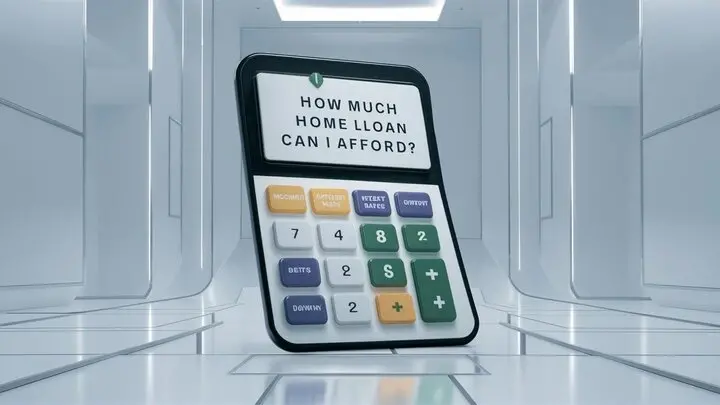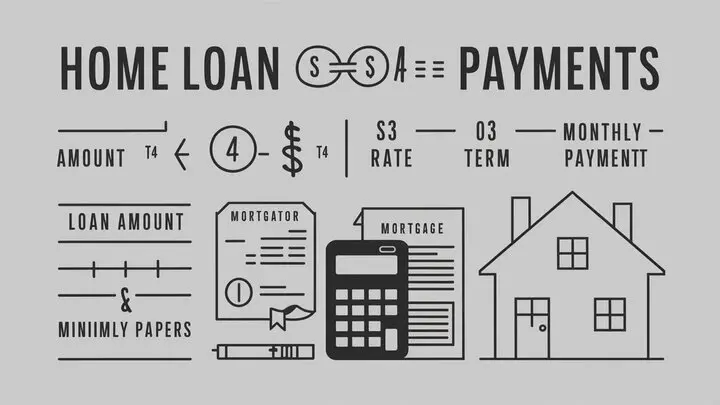
Nearly all credit cards, did you know, have a grace period. A grace period is the interval between your statement closing and payment due. This allows you time to compile your money and pay without being charged interest. See how long your grace period is on your credit card agreement. Though some cards give as much as 25 or 30 days, the typical grace period is around 21 days. See your issuer for a longer Grace Period if you need more time to pay off your debt. Recall that you will be charged interest on the whole Grace Period sum from the date of purchase should you not pay it off.
How does a credit card grace period work?
One of the things you'll want to know when you get a new credit card is how the grace period is handled. This is the period between your statement closing and your bill payment due. You may still make adjustments during this period; however, they won't show up on your statement until the following month. Understanding the grace period's mechanics can help you stay free from interest.
How long is a typical credit card grace period?
Regarding your credit card, you may be thinking about the grace period length. This is the interval between your payment due and the closing of your statement. Usually, this is around 25 days, although your issuer may affect this. You want to avoid late fines, hence it's crucial to know when your grace period closes. Discover the grace period of your particular credit card to help you to prevent any surprises. Usually, your agreement's terms and conditions or the issuer's website will provide this information. If you're not sure where to search, contact customer care; they will be pleased to assist. You may minimize needless interest payments by planning and using the grace period.
What happens if you don’t pay the full amount due by the end of the grace period?
Your credit card has a grace period, by the way, you know. This is the period after your closure date for statements during which you may still settle your debt in whole without running interest charges. Should your balance not be paid off after the grace period, interest will begin to accrue on the remaining amount. Understanding how interest is computed and knowing when your grace period finishes can help you stay free from expensive expenses.
Do all credit cards have a grace period?
Though the details of each grace period differ, all credit cards provide one. While some cards only provide a Grace Period of 7 days, others allow up to 25 days. Knowing what your card provides will help you to make sure you maximize it! If your card has a 25-day Grace Period, for instance, you would want to make sure you settle your debt in whole before the end of the 25th day after closing of your statement. This will assist you in paying any interest on your purchases.
What does the CARD Act say about grace periods?
Using credit cards requires one of the most crucial knowledge about the grace period. This is the period you have after a purchase before you must begin paying interest on that transaction. The CARD Act lays out exactly what rules banks have to abide by regarding grace periods.
Maximize your credit card grace period
Did you know that one of the great chances to save money is your credit card grace period? This is the period between your payment due and your statement closing. Paying your debt as a whole helps you avoid interest costs throughout this period. Over a year, you might save a lot of money if you can use your grace period every month!
Protect your credit score
Our life is much influenced by credit ratings. A good credit score will enable you to get a reduced interest rate house, automobile, or loan. A poor credit score can prohibit you from obtaining financing at all and might even cause your insurance costs to rise.
Following these easy guidelines can help you to guard your credit score:
- Pay your invoices on time always,
- and maintain minimal credit card balances to
- avoid applying concurrently for too many credit cards or loans.
Following these guidelines can help you to keep a decent credit score and save money concurrently!
Call on (888) 803-7889 & know more about credit cards!
Resources:
What is a personal line of credit?
